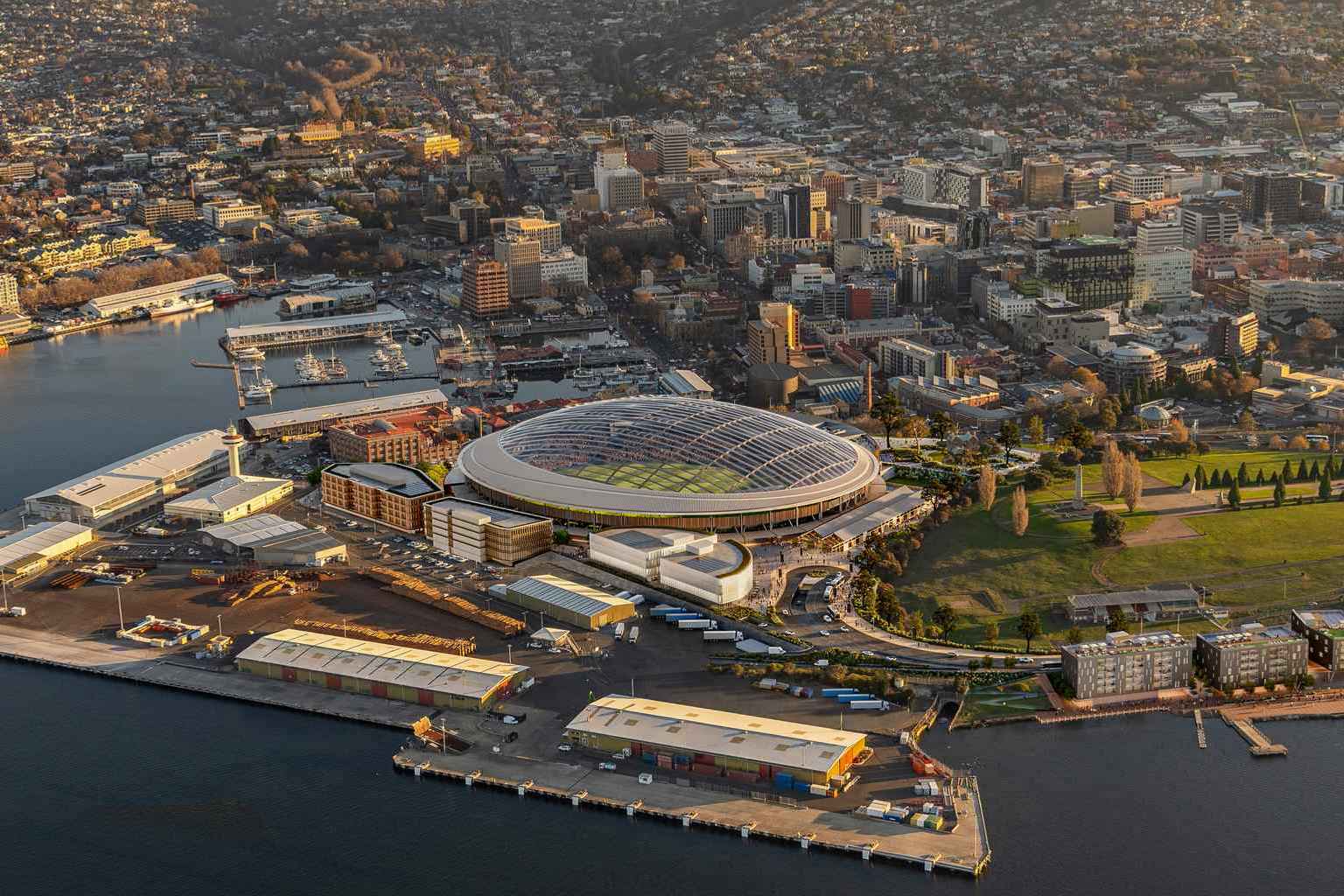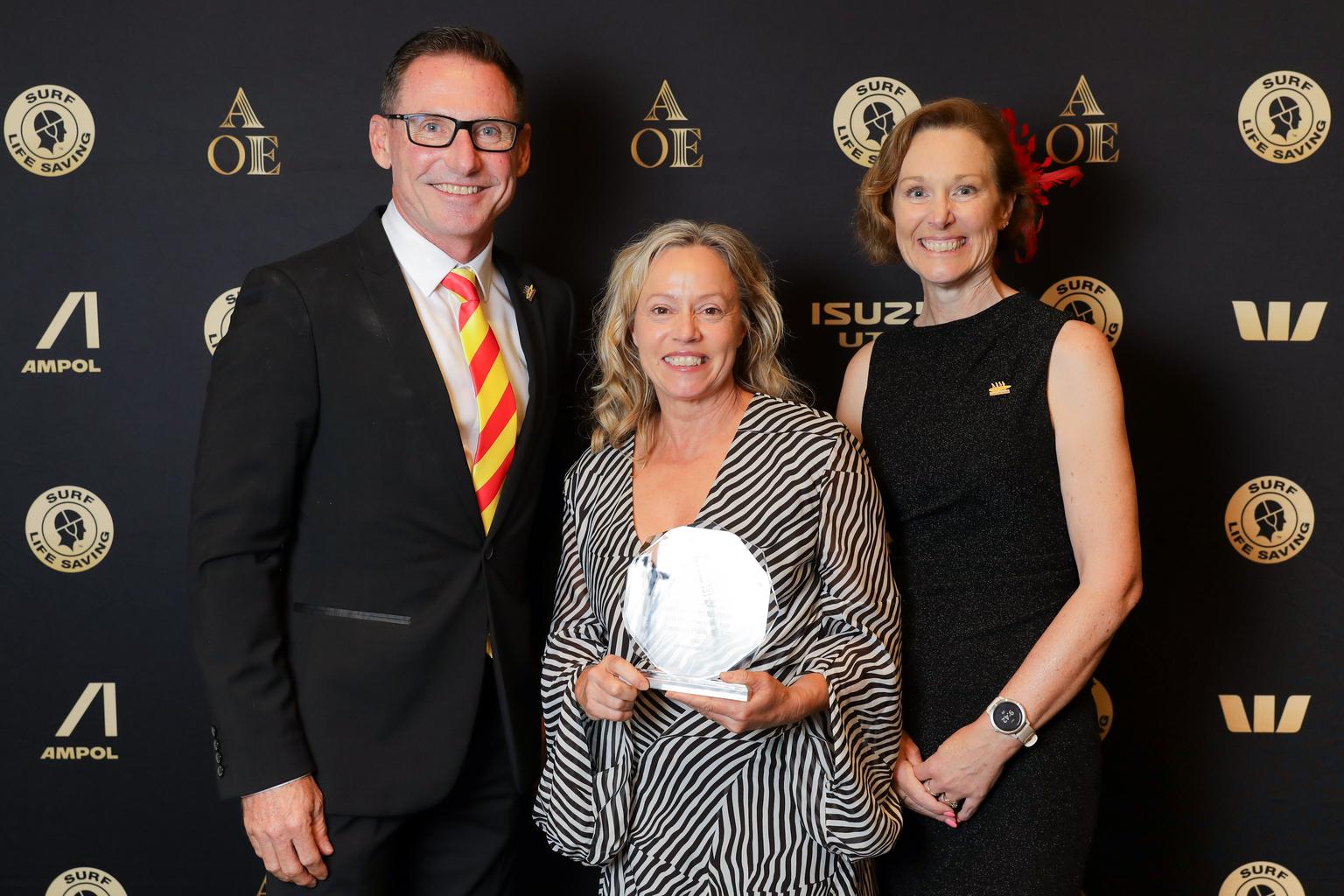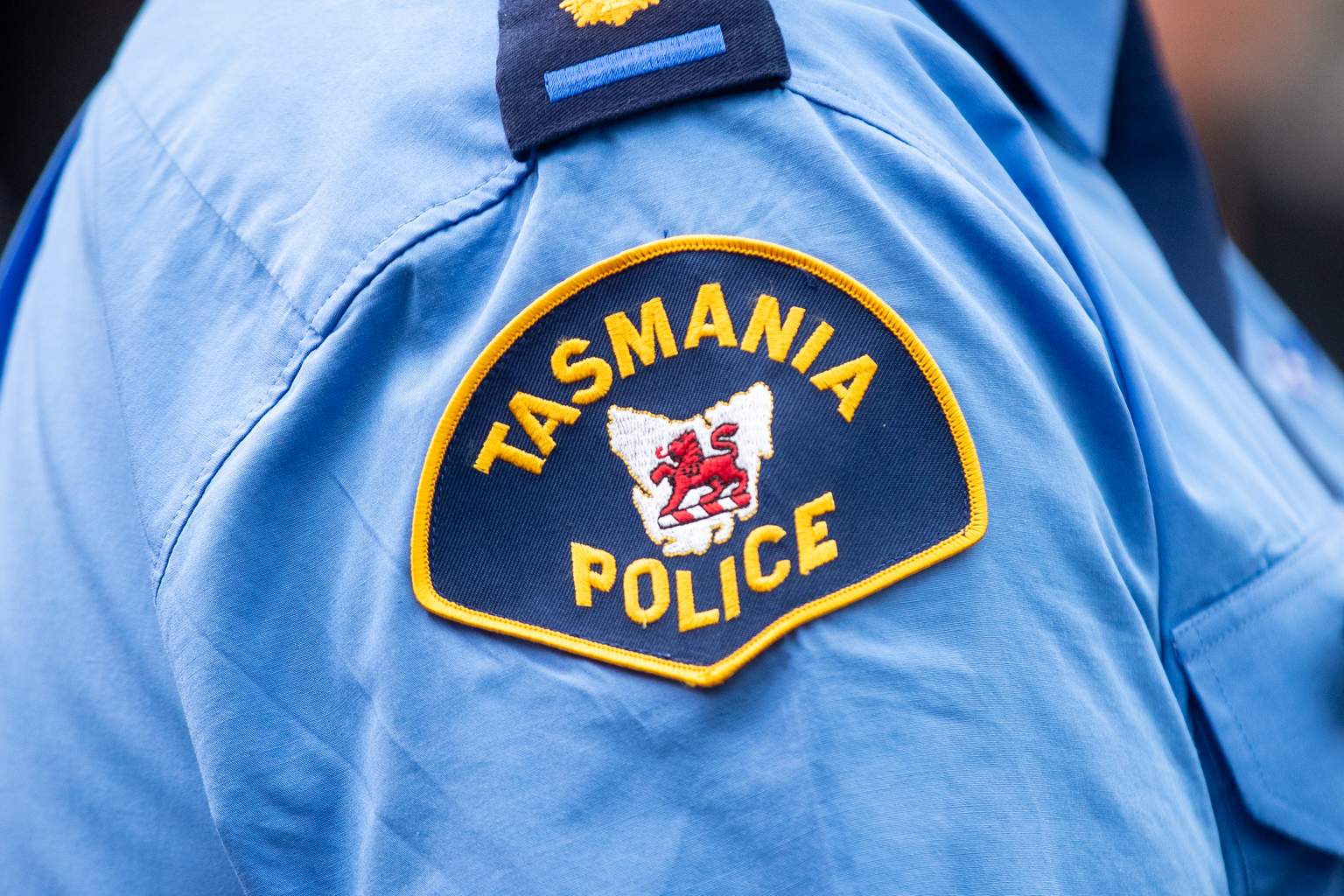Two Tasmanian MPs are moving to ban all gambling advertising and sponsorship at state-owned venues – including any new stadium – saying the step is vital to protect young people from predatory marketing.
Independent upper house MP Meg Webb will table the motion on Tuesday, joined by lower house colleague Kristie Johnston, arguing the state must lead where the federal government has failed.
“Evidence tells us the saturation of gambling advertising, such as during sport events, is normalising gambling, especially for children and young people,” Webb said.
The proposed ban would extend to gambling logos on players’ uniforms and cover the planned multi-purpose stadium at Macquarie Point.
It follows recommendations from a 2023 federal parliamentary inquiry into online gambling that are yet to be adopted nationally.

The motion cites data from the Australian Gambling Research Centre showing around three million Australians are engaged in harmful gambling, with people aged 18 to 24 almost twice as likely to be high-risk gamblers.
“Gambling companies know, just as tobacco companies did, that hooking people young creates a customer pipeline for life,” Webb said.
Tasmanians lose more than $190 million annually on poker machines alone.
National polling shows 75% of Australians support a total ban on gambling ads, climbing to 81% for online gambling advertising.
“Just as governments tackled road mortality by mandating seatbelts and the escalating cost of smoking-related disease by prohibiting tobacco advertising, we need a similar public health-based approach to banning gambling advertising and sponsorship,” Webb said.

A 2022 AFL fans survey found 79% wanted gambling ads banned from AFL grounds.
“The Australian government has failed to act despite a federal parliamentary inquiry recommending a ban on all in-stadia advertising,” Webb said.
“Tasmania must now show leadership by implementing that ban where it can, such as at all state owned or funded venues.”
If passed, the motion – expected to be debated in December – would require the ban to be implemented within 12 months, with a progress report tabled in parliament after six months.






